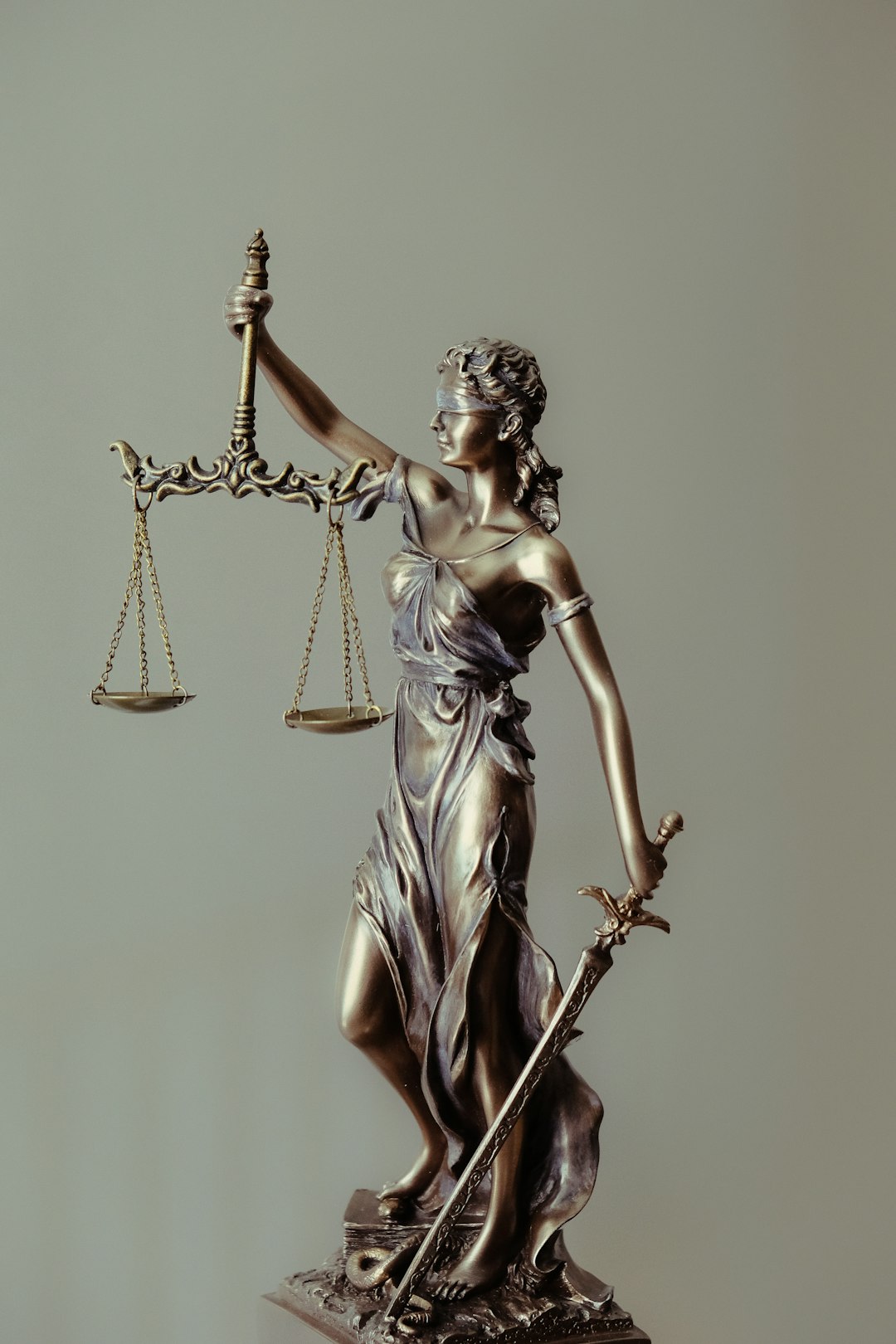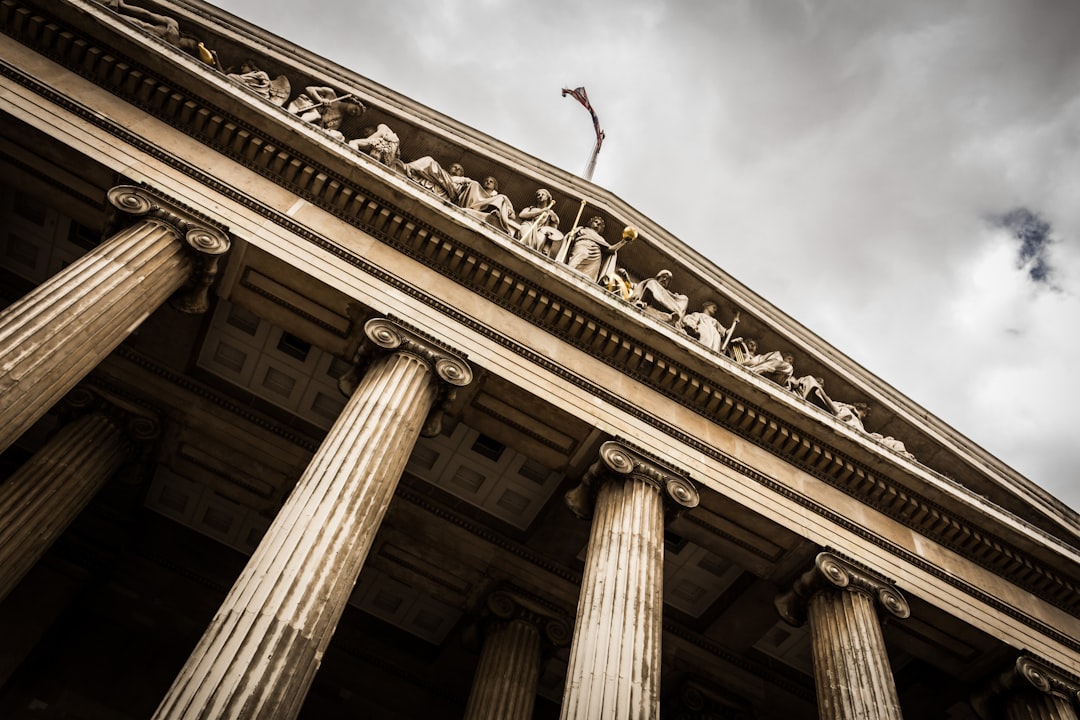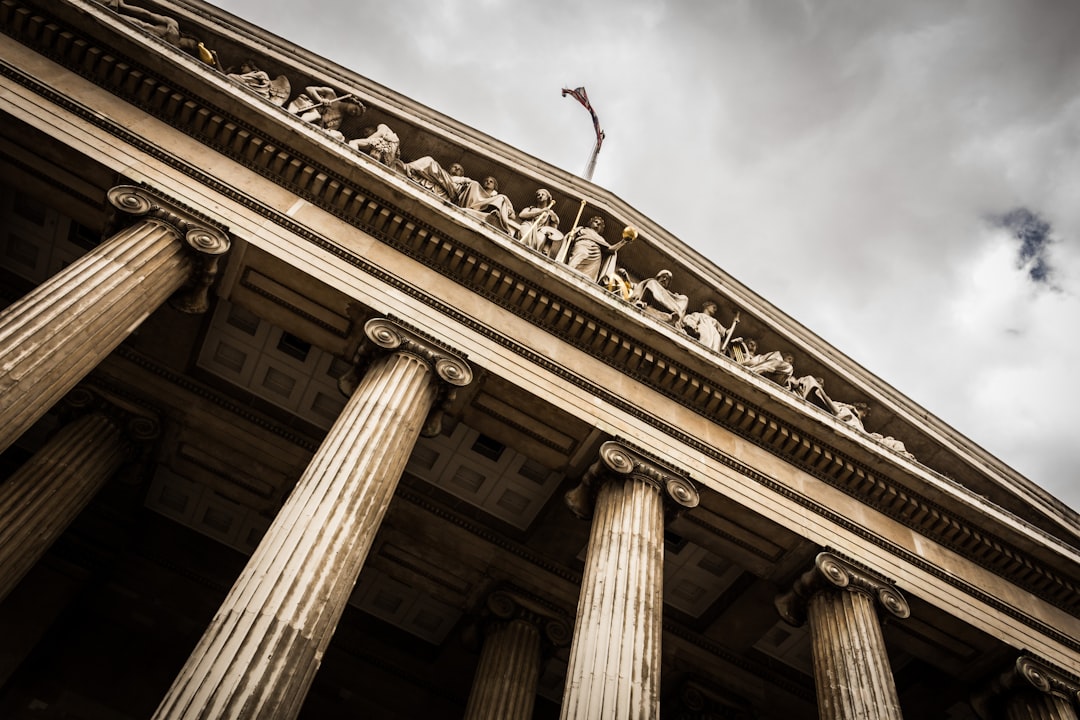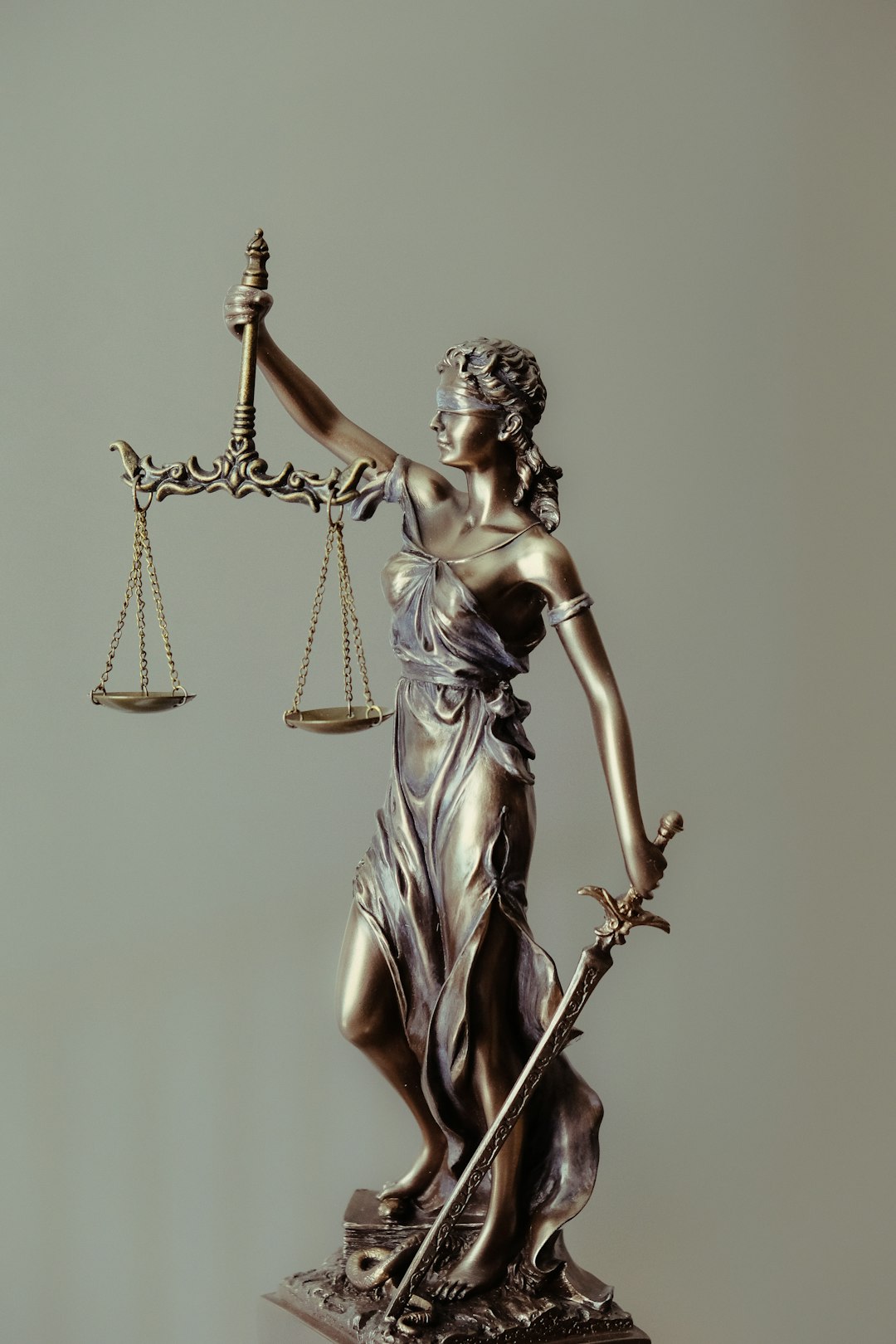Debt collectors in New Jersey must follow federal and state laws like the FDCPA. Consumers have the right to record conversations with debt collectors with consent. Recording calls provides transparency and protects rights, but check local laws. Debtors enjoy legal protections under the FDCPA and state regulations. Document conversation details when recording for evidence with a debt collector lawyer in New Jersey. Understanding recorded conversation implications empowers consumers against abusive tactics. Recordings aid legal cases against violators, ensuring fair treatment and recourse.
In New Jersey, understanding the nuances of debt collection laws is crucial for both debtors and creditors alike. With strict regulations in place, recording debt collector calls can serve as powerful evidence, safeguarding your rights as a debtor. This comprehensive guide delves into the process, offering insights on when and how to capture these conversations. We explore your legal rights, essential information to record, and even the potential use of recorded calls as evidence with a debt collector lawyer in New Jersey.
Understanding Debt Collection Laws in New Jersey

In New Jersey, both state and federal laws govern debt collection practices to protect consumers. The Fair Debt Collection Practices Act (FDCPA) sets national standards for how debt collectors can communicate with individuals. These rules are expanded upon by New Jersey’s own consumer protection legislation. A debt collector Lawyer in New Jersey is crucial if you believe your rights have been violated.
Debt collectors must comply with specific guidelines, such as refraining from using abusive or deceptive language, contacting you at unreasonable times, or discriminating against certain demographics. Violations can lead to legal action by the consumer. If you are facing debt collection issues, consulting with a qualified debt collector Lawyer in New Jersey can provide clarity and protect your rights under these important laws.
When and How to Record Debt Collector Calls

In New Jersey, both parties involved in a phone conversation have the right to record the call, provided they obtain prior consent from the other person. When dealing with debt collector calls, this can be particularly useful for individuals who wish to ensure transparency and protect their rights. It is advisable to inform the debt collector that you are recording the interaction, and many states, including New Jersey, have laws supporting this practice.
The timing of these recordings is crucial; it’s best to record when the discussion turns legal or when specific details about repayment plans or collection methods are discussed. Having a recorded conversation can serve as valuable evidence if any discrepancies arise later. For those seeking assistance, consulting with a debt collector lawyer in New Jersey can provide guidance on the legal implications and best practices for recording these calls effectively.
Legal Rights of Debtors in NJ

In New Jersey, debtors have significant legal rights when interacting with debt collectors. The Fair Debt Collection Practices Act (FDCPA) provides robust protections for consumers, ensuring that debt collection practices are fair, ethical, and transparent. Debtors in NJ have the right to request validation of the debt, meaning they can ask the collector to provide proof that the debt is legitimate and due. They are also entitled to cease communication with the collector upon requesting it, except for certain limited purposes.
Additionally, collectors must identify themselves and their employers and cannot harass, threaten, or use abusive language when contacting debtors. New Jersey law also restricts the time of day a collector can contact a debtor, ensuring some privacy and peace. If a debt collector violates these rights, individuals should consider consulting with a skilled debt collector lawyer in New Jersey to understand their options for legal recourse and protection under both state and federal laws.
What Information Should Be Captured During Recordings?

When recording conversations with debt collectors in New Jersey, it’s crucial to capture key information that can protect your legal rights and provide valuable evidence. This includes the date, time, and location of the call, as well as the names of all parties involved—both you and the debt collector. Note down specific details about the debt being discussed, such as the amount owed, the original creditor, and any agreements or disagreements made during the call.
Additionally, document any threats, intimidations, or unfair practices employed by the debt collector. This could include statements that imply illegal actions, like promising to harm your credit score or employment prospects. Also, record any discussions about payment plans, settlements, or attempts to collect beyond what is legally allowed. Such recordings can serve as powerful tools for a debt collector lawyer in New Jersey should disputes arise.
Using Recorded Calls as Evidence with a Debt Collector Lawyer NJ

When dealing with debt collectors in New Jersey, it’s crucial to understand the power of recorded conversations as evidence. Capturing and preserving these interactions through recordings can be invaluable for consumers facing aggressive or unethical collection tactics. A debt collector lawyer in New Jersey can guide individuals on how to effectively use these recorded calls as legal evidence.
These recordings can serve as clear documentation of any violations of consumer rights, including the Fair Debt Collection Practices Act (FDCPA). With a qualified attorney’s assistance, consumers can present these records to build a strong case against abusive debt collection practices. Recorded conversations provide concrete proof, ensuring that those affected by unfair treatment have a powerful tool in navigating legal proceedings against debt collectors.






